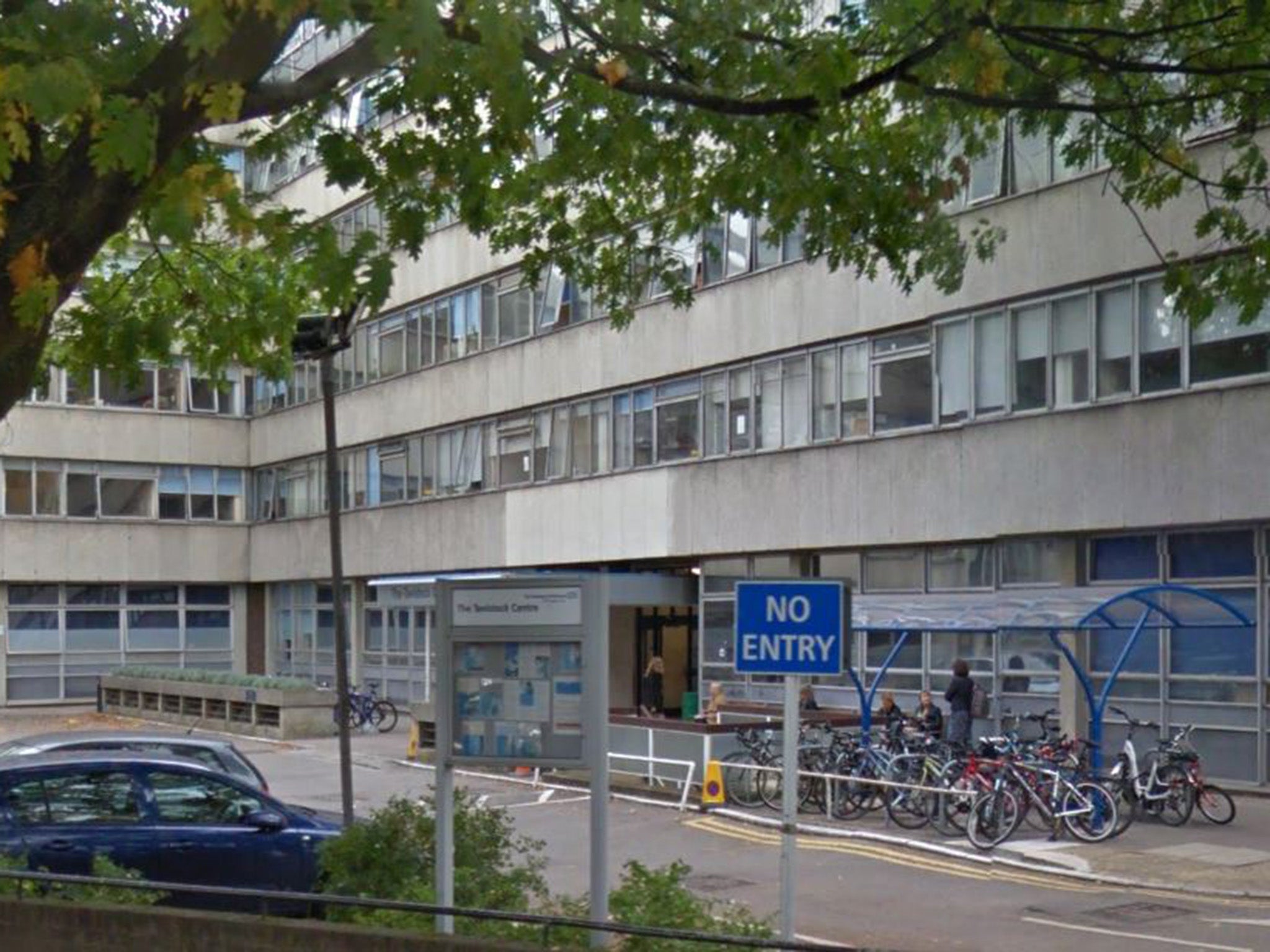Referrals to England's only children's gender identity clinic have doubled every year since 2009
More children born biologically female have been referred to the service than those who are biologically male

The number of young people being referred to England’s only gender identity clinic for under-18’s has doubled every year since 2009, figures show.
Almost twice as many young people born female rather than male were referred to the Gender identity development service at the Tavistock Centre in London last year according to newly released data.
In 2015/16, there were 1,398 referrals - up from 697 in 2014/15, the BBC reports. Of those referrals, 913 were for biological females and 485 for biological males. In 2009/10 there were 97 referrals, of whom 40 were for biological females and 56 for biological males. One referral was for counselling for the transsexual parent.
Consultant clinical psychologist Dr Bernadette Wren said the growth in referrals was done to society becoming more accepting of transgender issues.
She told BBC Radio 4's Woman's Hour: "We live in a world where people alter their bodies, surgically or otherwise, and this freedom is available for people as they get older.
"Maybe we just have to be acknowledging that that is a liberty that people have, that these things are possible, technologically, and people will avail themselves of those things.
"It's not really for us to approve or disapprove. What matters is what they make of their lives in the end and whether they lead rewarding lives.
"We're trying to make sure that nothing happens too precipitately. But in the end, we maybe have to see through this social revolution and see how it transpires."
She said traditionally more boys had been referred to the service because girls found it easier to be “boyish” in what they wore or the way they styled their hair.
Dr Wren said one of the most difficult things for the clinic was to convince young people to continue living their lives and not “jump into physical intervention”.
She said: "We think that for some young people, physical intervention really, really helps them and is what they were always going to do at some point or other, and I think for others, we feel they need to take more time over it."
Join our commenting forum
Join thought-provoking conversations, follow other Independent readers and see their replies
0Comments